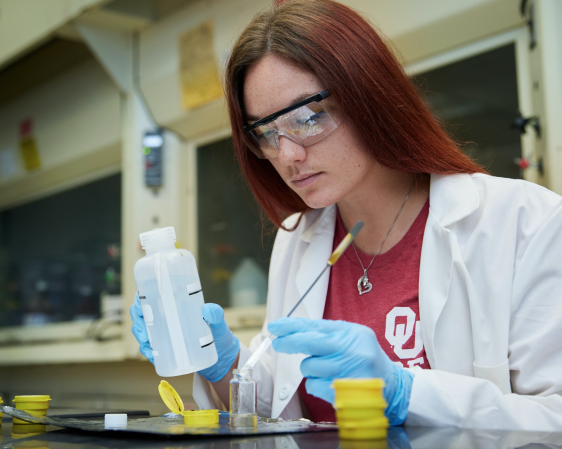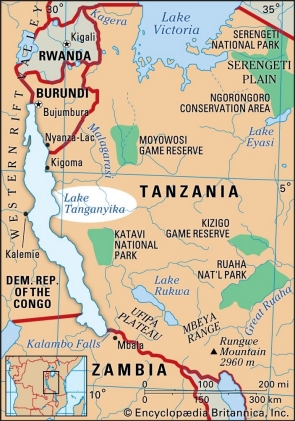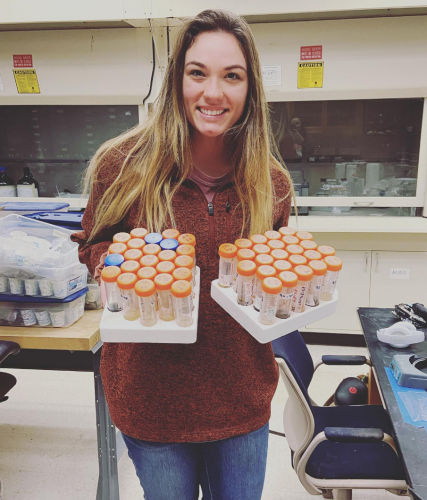How OU senior Bren Cable travels through time with her research in Tanzania, Africa
"Sediment tells a timeline. If I could have a superpower, it would be to manipulate time. So, I find it very exciting to look through time by analyzing the mud. It’s my own little way of time traveling."


